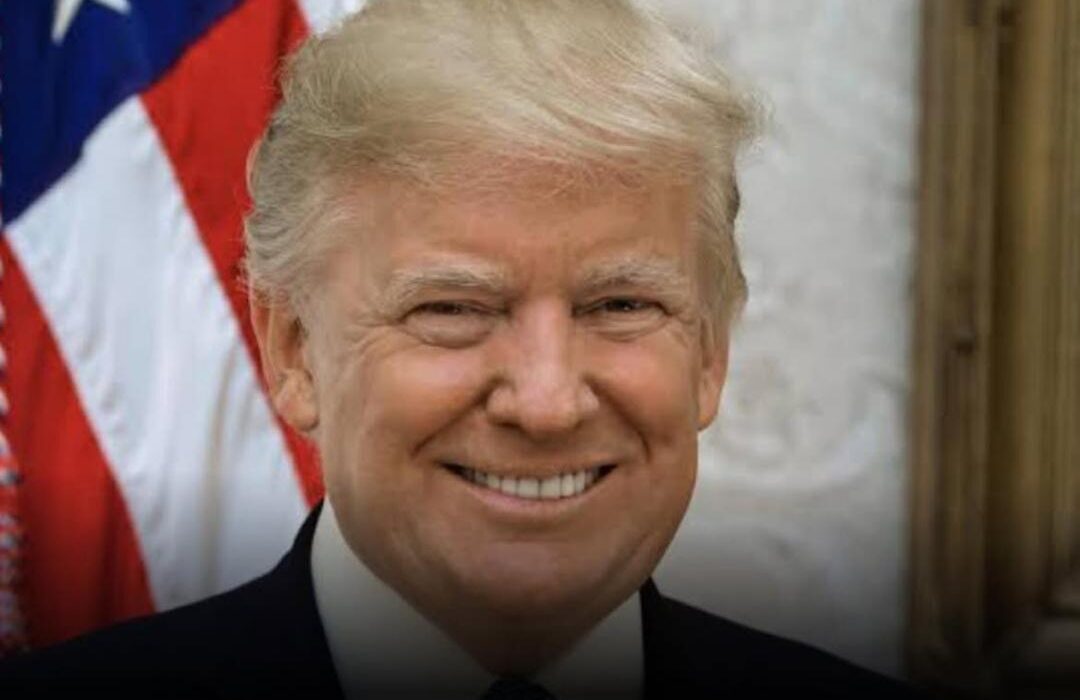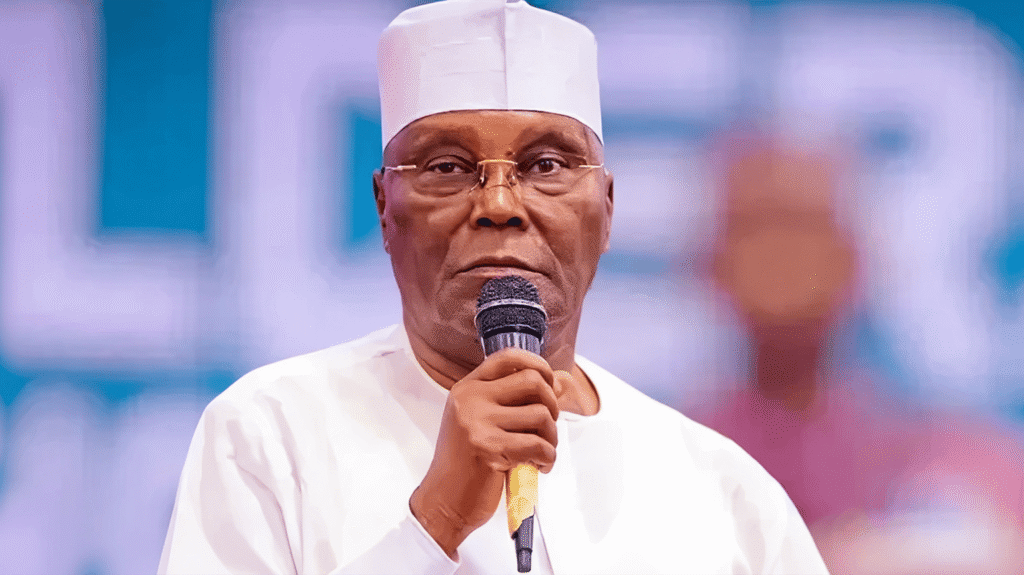Trump Floats Nationwide Ban on Sharia Law, Reviving Debate Over Religious Freedom and Constitutional Limits

U.S. President Donald Trump has reignited controversy over the role of religious legal systems in America after suggesting that his administration or a future one would seek to ban Islamic Sharia law nationwide.
Although Trump frequently made similar statements during his presidency, emphasizing the need to “protect American values” and guard the nation against what he described as “radical extremism,” no federal policy banning Sharia law was ever enacted.
His comments have now resurfaced as part of renewed political rhetoric, prompting mixed reactions across the political spectrum.
Throughout his time in office, Trump argued that U.S. courts should rely exclusively on the Constitution and American legal statutes, not any foreign or religious legal framework. He insisted that any parallel legal system including Sharia had “no place in the United States.”
While Trump’s position resonated strongly with parts of his conservative base, it never translated into a federal proposal or executive action targeting Sharia law specifically.
Instead, the issue emerged mostly at the state level. Over the past decade, Republican lawmakers in several states have introduced or passed bills restricting the use of “foreign laws” in American courts.
These measures, though not naming Sharia directly, were widely interpreted as attempts to prevent any influence of Islamic legal principles in civil cases such as marriage, inheritance, or arbitration.
Supporters of such legislation argue that the laws are necessary to ensure the supremacy of the U.S. Constitution and to prevent what they view as creeping foreign influence.
Critics, including civil rights organizations and religious groups, counter that the bills stigmatize Muslims and solve a problem that does not exist, noting that U.S. courts already cannot enforce any religious law that contradicts constitutional rights.
Legal experts emphasize that American courts have never replaced federal or state law with Sharia or any other religious legal system.
At most, courts may consider religious guidelines in voluntary arbitration settings such as within religious communities handling civil disputes but these decisions remain subordinate to constitutional protections.
Trump’s renewed comments on the issue have drawn concern from advocacy groups, which warn that targeting a specific religious tradition could inflame divisions and raise constitutional challenges.
Meanwhile, some conservative political figures have welcomed the statement, viewing it as a reaffirmation of Trump’s commitment to national security and cultural identity.
As debates over religious freedom, constitutional authority, and cultural integration continue to shape U.S. politics, Trump’s remarks have once again placed the question of Sharia law at the center of a wider national conversation despite the absence of any legal mechanism or active federal initiative to ban it.
ide Ban on Sharia Law, Reviving Debate Over Religious Freedom and Constitutional Limits
U.S. President Donald Trump has reignited controversy over the role of religious legal systems in America after suggesting that his administration or a future one would seek to ban Islamic Sharia law nationwide.
Although Trump frequently made similar statements during his presidency, emphasizing the need to “protect American values” and guard the nation against what he described as “radical extremism,” no federal policy banning Sharia law was ever enacted.
His comments have now resurfaced as part of renewed political rhetoric, prompting mixed reactions across the political spectrum.
Throughout his time in office, Trump argued that U.S. courts should rely exclusively on the Constitution and American legal statutes, not any foreign or religious legal framework. He insisted that any parallel legal system including Sharia had “no place in the United States.”
While Trump’s position resonated strongly with parts of his conservative base, it never translated into a federal proposal or executive action targeting Sharia law specifically.
Instead, the issue emerged mostly at the state level. Over the past decade, Republican lawmakers in several states have introduced or passed bills restricting the use of “foreign laws” in American courts.
These measures, though not naming Sharia directly, were widely interpreted as attempts to prevent any influence of Islamic legal principles in civil cases such as marriage, inheritance, or arbitration.
Supporters of such legislation argue that the laws are necessary to ensure the supremacy of the U.S. Constitution and to prevent what they view as creeping foreign influence.
Critics, including civil rights organizations and religious groups, counter that the bills stigmatize Muslims and solve a problem that does not exist, noting that U.S. courts already cannot enforce any religious law that contradicts constitutional rights.
Legal experts emphasize that American courts have never replaced federal or state law with Sharia or any other religious legal system.
At most, courts may consider religious guidelines in voluntary arbitration settings such as within religious communities handling civil disputes but these decisions remain subordinate to constitutional protections.
Trump’s renewed comments on the issue have drawn concern from advocacy groups, which warn that targeting a specific religious tradition could inflame divisions and raise constitutional challenges.
Meanwhile, some conservative political figures have welcomed the statement, viewing it as a reaffirmation of Trump’s commitment to national security and cultural identity.
As debates over religious freedom, constitutional authority, and cultural integration continue to shape U.S. politics, Trump’s remarks have once again placed the question of Sharia law at the center of a wider national conversation despite the absence of any legal mechanism or active federal initiative to ban it.









